Now that we have defined some key terms of the church (including ‘church’ – ἐκκλησία), we can proceed to examine the administration of disciples following the Lord Jesus Christ (‘Christians).
If you missed this defining first post about ACTS 6, you may want to visit some of the secure links included in Ministering to a Growing Church (BELOW).
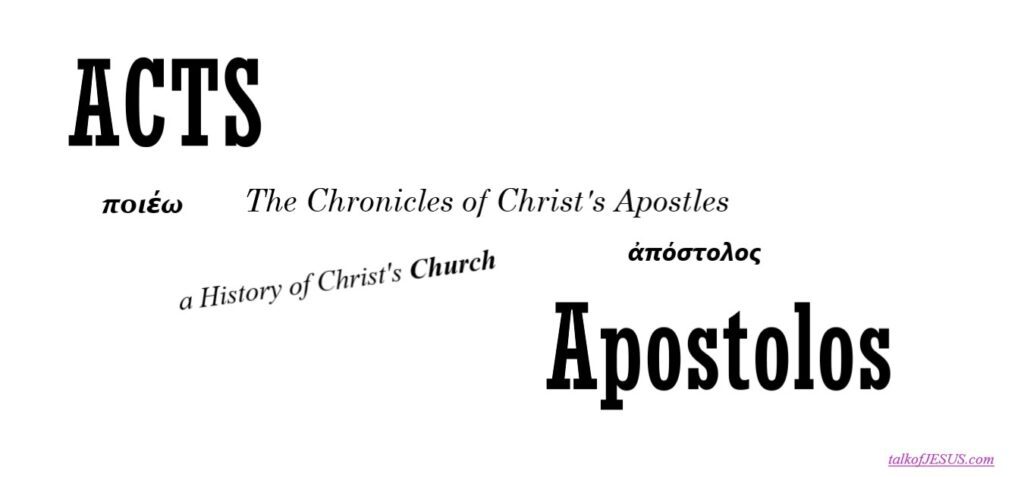
Who would lead change after hearing their murmurings?
Last time we only got to one verse, Acts 6:1, then encountered a roadblock before I could address how the Twelve ran their administration of the multitudes.
..when the number of the disciples was multiplied, there arose a murmuring of the Grecians against the Hebrews,
Acts 6:1 excerpt KJV
Does that sound like YOUR Church?
Let’s address my next question from our previous post about ministering to the personalities in this initial Church of the Apostles.
How can WE help relieve so many PERSONAL problems for hundreds of families belonging to our growing church?
Filling in a four-hundred year gap between the OLD and NEW TESTAMENTS: (The Apostles, of course, understood their church family history better than we do.)
Mapping out traditions of our pasts
I suppose you have wondered about my FIRST CENTURY CHURCH MOSAIC attached to this post. So let’s take a look at the diverse ethnic gathering of the lost sheep of Israel (along with some NON-JEWS as well).
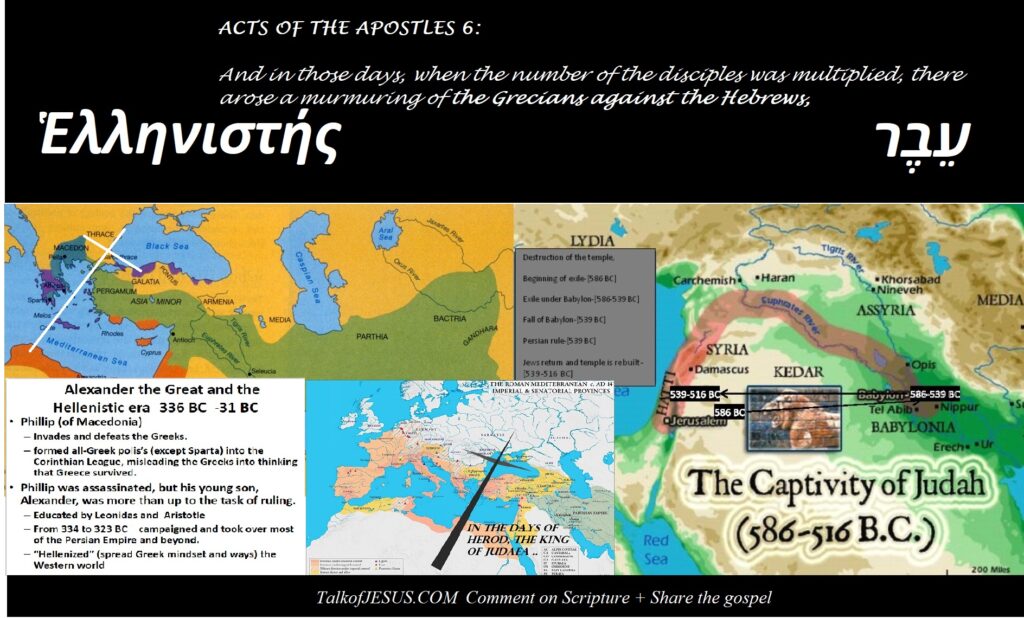

Here’s an unspoken issue of ethnos underpinning their recent ‘murmurings.’
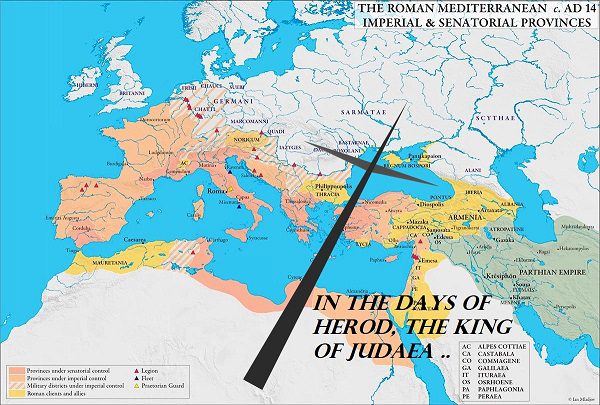
Israel did not exist!
In the time of the Apostles, a divided Greek-speaking Roman empire changed administrations frequently.
Before the Herod’s
- JEWS exiled to the EAST to Babylon, some returning to Jerusalem AFTER Persia defeats Babylon.
- Many JEWS remained in cities WEST of Jewish influence in cities of the Greek and Roman world.
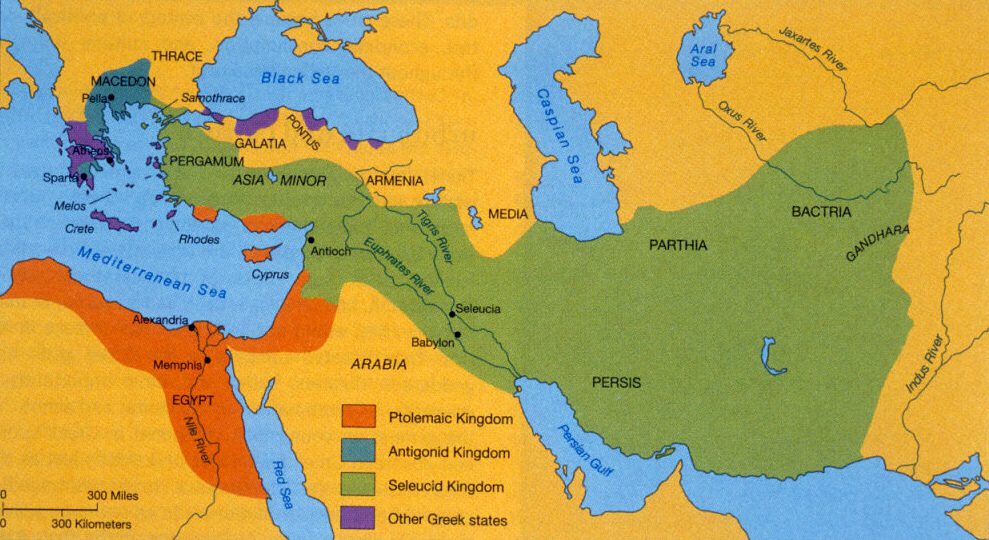
- 323 BC, Alexander died in the palace of Nebuchadnezzar II, in Babylon
- Alexander had conquered cities, kingdoms & empires from Greece to Asia and to Egypt, Babylon, Persia and beyond.
- These ‘Hellenized‘ cultures then embraced or tolerated Greek customs and language as a universalist ethnos applied to trading and communication between cultures.
- (Compare to a contemporary founding culture three centuries ago in North America.)
- 200’s BC, The Ptolemy’s of Egypt (who had also been Hellenized by Alexander’s conquests) ruled Jerusalem and the eastern Mediterranean coast to Syria beyond Tyre and Sidon.
- 100’s BC, Seleucia (modern-day Bagdad) was the Hellenized capital of the Seleucid Empire which survived until 63 BC
- As you can see on the top-left of my map mosaic, much of this massive empire lies east of Rome’s later reach.
- 167-134 BC, Maccabean revolt and resistance against Seleucid rule in Judah
- 63 BC, Gnaeus Pompeius Magnus or Pompey the Great, captured Jerusalem for Rome
- 37 BC, Herod the Great (of Edomite ancestry, born in Idumea) aligned himself with Rome.
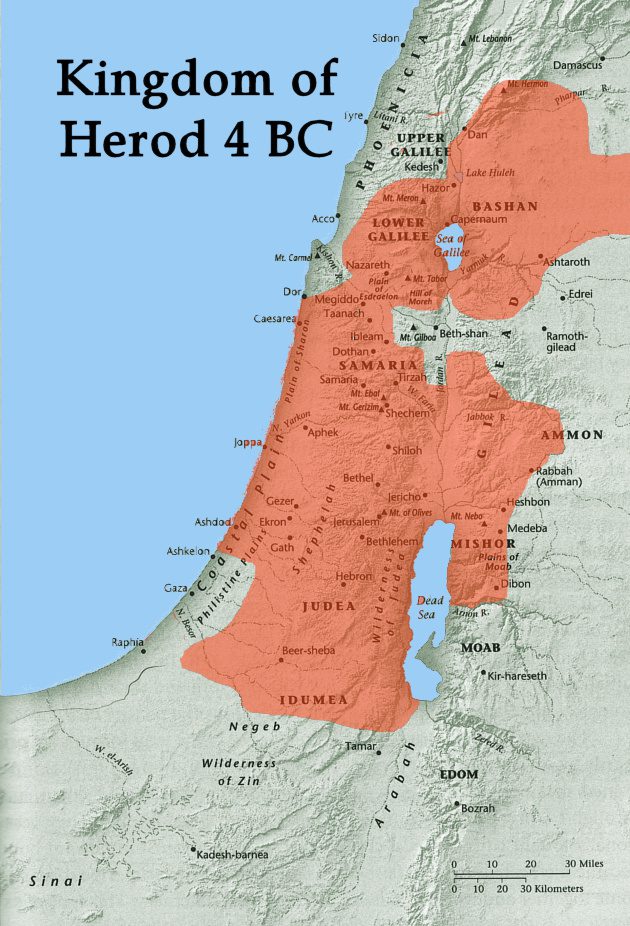
Rome divides its client kingdom into:
- Bashan
- Lower Galilee
- Samaria
- Mishor
- Judea &
- Idumea
In the time of Jesus and the Apostles into:
- Samaria, Judea & Idumea
- Perea & Galilee
- Batania (Caesarea Philippi) & Auranitis
- Syria, including Phoenicia & Ituraea
- (with Antioch, Roman city of 500,000+ residents, residence of its Governor)
Apostolic ACTS of Administration
6:2 So the Twelve gathered all the disciples together and said,
“It would not be right for us to neglect the ministry of the word of God in order to wait on tables.
NIV
WHEN will we ever have time to minister to our church family?
NOT OUR PROBLEM? NO! That’s not what the Apostles leading the growing church are saying.
In fact, the Apostles lead other servants of God to solve the church’s own ministry ‘challenge.’
Waiting tables is just one of our many ministries
“Instead, brothers and sisters, select from among you seven men of good reputation, full of the Spirit and of wisdom, whom we may put in charge of this task.
Acts of the Apostles 6:3 NASB20
- Together this first church in Jerusalem, saints ministering to each other (though having common petty differences),
- must address the administration of their own servant duties to the community
- without intervention of the their masters (and teachers) the Apostles.
But we will give ourselves continually to prayer, and to the ministry G1248 of the word.
ACTS 6:5 This proposal pleased the whole group.
- Select seven (for administration of a church of 500+ saints now)
- These seven men must be μαρτυρέω [of good reputation]
- (NOT as we might think, but i.e. ‘to affirm that one has seen or heard or experienced something, or that he knows it because taught by divine revelation or inspiration.’
- Seven men from the
- .. full of the [Holy] Spirit
- .. and of wisdom σοφία [sophia] who we should put in charge [administrators] of this task.
These laymen disciples will choose those who will administer the daily tasks of the church.
An Administration by More Servant Leaders
And they chose:
- Stephen, a man full of faith and the Holy Spirit, and
- Philip,
- Prochorus, [Greek, probably a Hellenist]
- Nicanor, [a Greek name]
- Timon,
- Parmenas, [may have been from Asia minor] and
- Nicolas, a proselyte from Antioch [a pagan converted to Judaism from the city in Syria where he will soon to minister to the gentiles]
What must we do for each and every saint of our Lord Christ Jesus?
Administration of our designated authority
And they brought these men before the apostles; and after praying, they laid their hands on them.
ACTS of BLESSING the seven men in Jerusalem given authority by the Apostles 6:6
Prayer (inquiring of the LORD) followed by Blessing
We see such acts as this throughout Scripture.
Moses chooses seventy to help. Israel blesses each of his grown sons before his death. (Isaac had blessed Jacob and not Esau.) Moses blesses Joshua. David blesses Solomon.
Conversation with the LORD followed by the Lord’s blessing of continued authority of administration of His work through another.
They laid their hands … - Among the Jews it was customary to lay hands on the head of a person who was set apart to any particular office, Numbers 27:18; Compare Acts 8:19. This was done, not to impart any power or ability, but to "designate" that they received their authority or commission from those who thus laid their hands on them, as the act of laying hands on the sick by the Saviour was an act signifying that the power of healing came from him, Matthew 9:18; compare Mark 16:18. In such cases the laying on of the hands conveyed of itself no healing power, but was a sign or token that the power came from the Lord Jesus. Ordination has been uniformly performed in this way. See 1 Timothy 5:22.
Though the seven deacons had been chosen by the church to this work, yet they derived their immediate commission and authority from the apostles.
Barnes’ Notes on the Bible – Source of this & extended quote above: https://biblehub.com/commentaries/acts/6-6.htm
The Great Commission
(Mat 28:16–20; Luk 24:44–49; Act 1:6–8 )
Later he [Jesus] appeared to the Eleven themselves as they were reclining at the table. He rebuked their unbelief and hardness of heart, because they did not believe those who saw him after he had risen. Then he said to them,
“Go into all the world and preach the gospel to all creation.
Gospel of Mark 16:15 CSB
.. but you will receive power when the Holy Spirit has come upon you; and you shall be My witnesses both in Jerusalem and in all Judea, and Samaria, and as far as the remotest part of the earth.”
ACTS of the risen Christ 1:8
Acts 2:3
The Day of Pentecost had been a laying on of hands by the Holy Spirit such as man had never seen!
Roger@TalkofJESUS.com
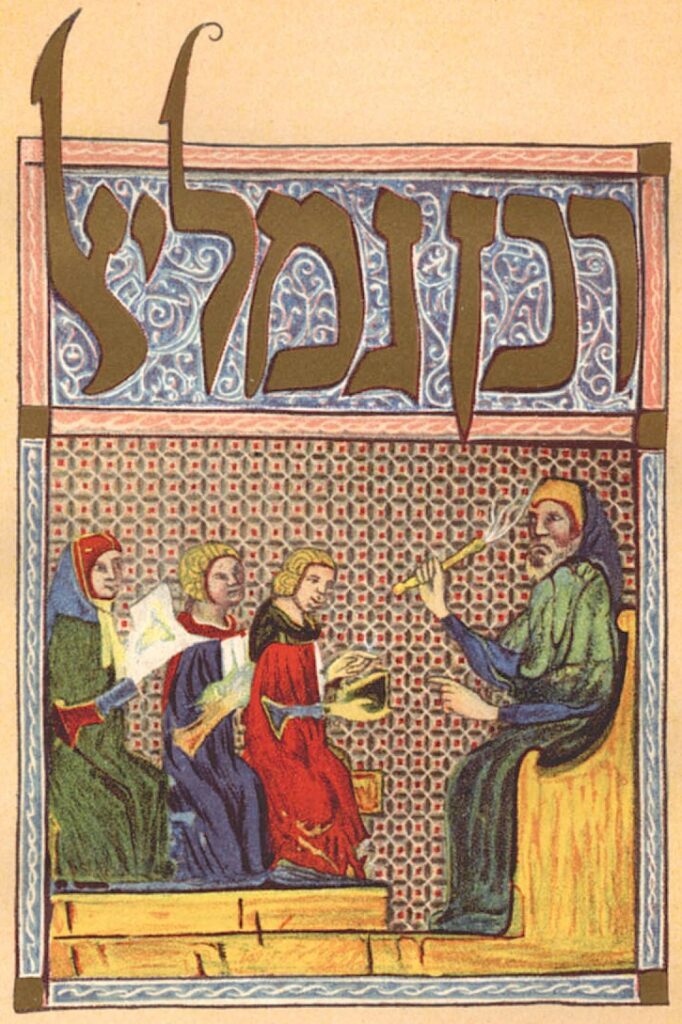
Recalling a caution of Gamaliel
But if it is from God, you will not be able to overthrow them. You may even find yourselves fighting against God!”
So the word of God spread. The number of disciples in Jerusalem increased rapidly, and a large number of priests became obedient to the faith.
Acts of the Apostles 6:7 NIV
ACTS of the Apostles - To be continued...
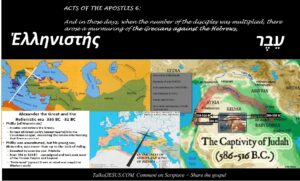

Leave a Reply